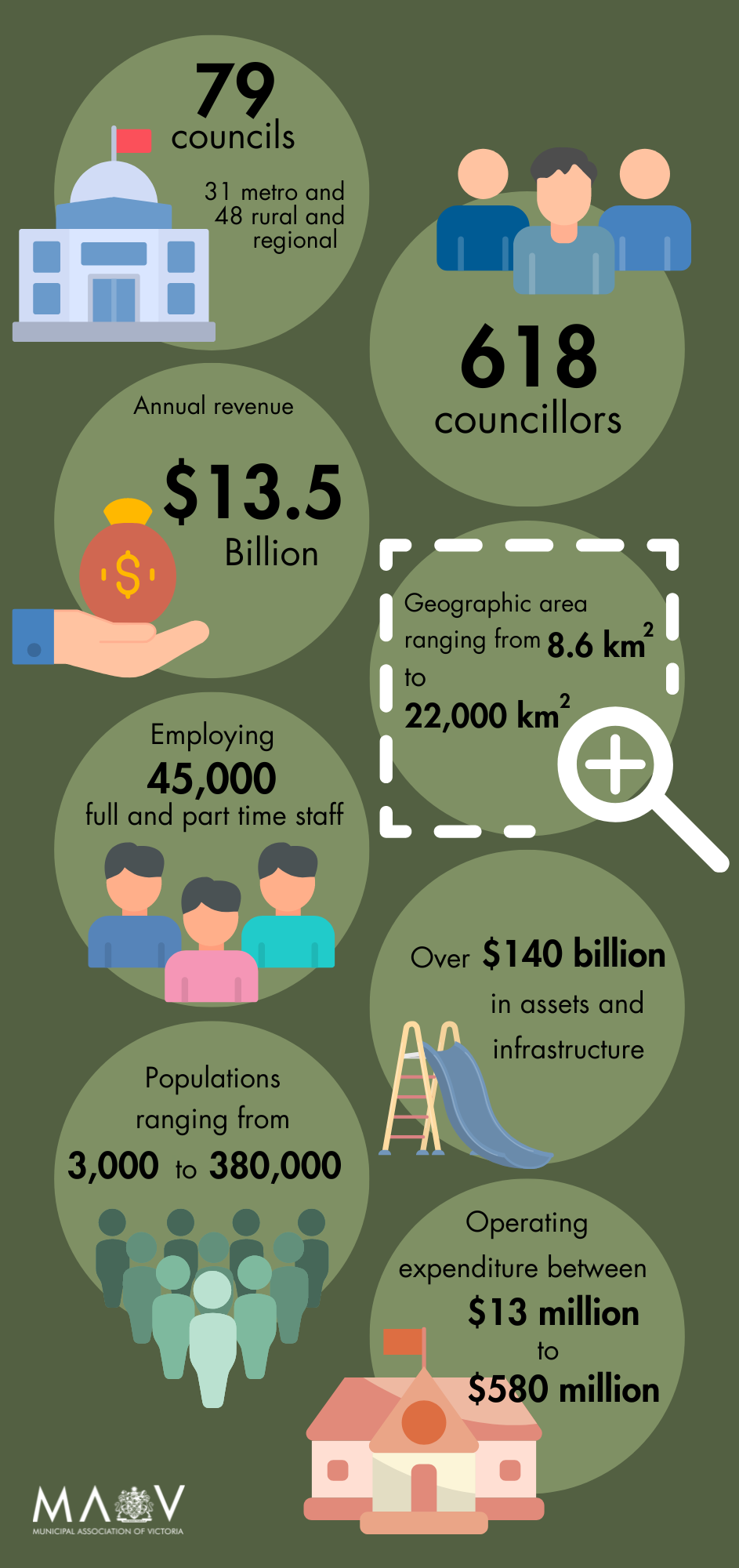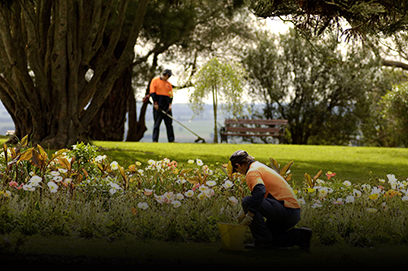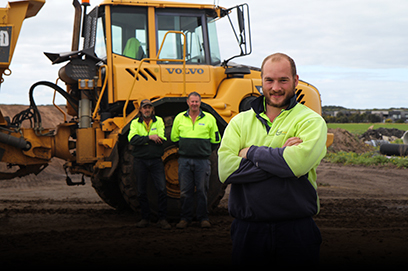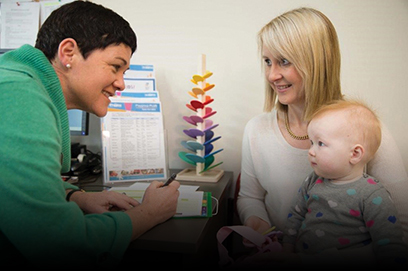What councils do
 In Victoria, local government is made up of 79 councils representing more than six million people. Councils are area-based, representative governments with a legislative and electoral mandate to manage local issues and plan for the community's needs.
In Victoria, local government is made up of 79 councils representing more than six million people. Councils are area-based, representative governments with a legislative and electoral mandate to manage local issues and plan for the community's needs.
Local government enables the economic, social and cultural development of the municipal area it represents, supports individuals and groups, and provides a wide range of services for the wellbeing of the local community.
Each municipality is different – its community may be young or old, established or still developing, rural or urban, and its population may vary from fewer than 3,000 people to more than 340,000.
Councils implement policies, regulations and programs set by other levels of government. Councils also have to respond to local community needs. Each council has the powers to set their own regulations and local laws, and provide a range of services.
Councils collect rates from residents and businesses in their municipality to help fund the delivery of community infrastructure worth over $123 billion, as well as more than 100 local services.
Nationally, local government collects only 3.6 cents of every tax dollar raised, so councils rely on funding from other levels of government to fund services and infrastructure for their communities.

Why councils exist

Council responsibilities

